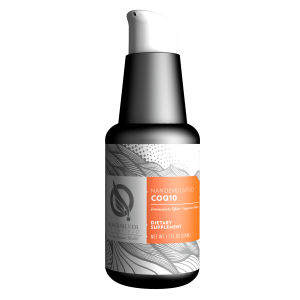By Valerie Robitaille, PhD(c)
The most popular and effective medical treatment for high cholesterol is a class of prescription drugs called statins that work by blocking the production of cholesterol in the liver. While statins have probably saved many, many lives, for some people the quality of life can be mildly or seriously diminished due to the drugs’ side effects. These include muscle inflammation resulting in mild to severe aches and pains, cognitive problems such as speech and memory loss, and statin induced diastolic dysfunction which weakens the heart’s pumping ability causing fatigue.
Statins effectively decrease cholesterol production but may have other serious consequences. Cholesterol is in every cell membrane of the body, comprises one half of the brain’s dry weight, and is the precursor to vitamin D (necessary for numerous processes including mineral metabolism).
Bile salts, required for the digestion of fat, are made from cholesterol. Cholesterol is the substance the body uses for repair (scar tissue) and is what hormones are made from, which regulate blood sugar levels, the stress response, testosterone, estrogen and progesterone, and serotonin – the “feel-good hormone.” When cholesterol levels drop too low, numerous biochemical processes are affected.
Statins have also been shown to deplete an essential nutrient called Coenzyme Q10. CoQ10 is found in the cells of the body and is necessary for energy production. The brain, muscles and heart depend on CoQ10 and cannot function properly without it. The savvy
Canadians know this and label their statins with warnings of the consequences of CoQ10 deficiency.
I suggest a combination of supplements, diet and lifestyle modifications to lower cholesterol. For example, research on tocotrienols (from rice bran oil, palm oil and/or the annatto fruit) has shown the ability to lower cholesterol and inhibit cholesterol production in a manner that is similar to statins but gentler, and therefore not likely to cause serious side effects.
In addition, tocotrienols naturally increase CoQ10 synthesis, offering better cardiac protection and the virtual elimination of other troublesome side effects caused by a depletion of CoQ10. Phytosterols (plant steroids from coniferous trees) inhibit absorption of both dietary and intestinal cholesterol, improving blood lipid profiles of both total cholesterol and low-density lipoproteins, or LDLs – the “bad” cholesterol.
HDL, the “good” cholesterol, and high triglycerides are very often improved simply by a few dietary changes, taking a high quality omega 3 supplement and beginning an exercise routine.
While I would never advise stopping any prescription drugs, I do recommend considering safe and effective alternatives.

